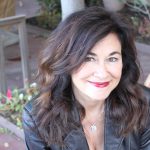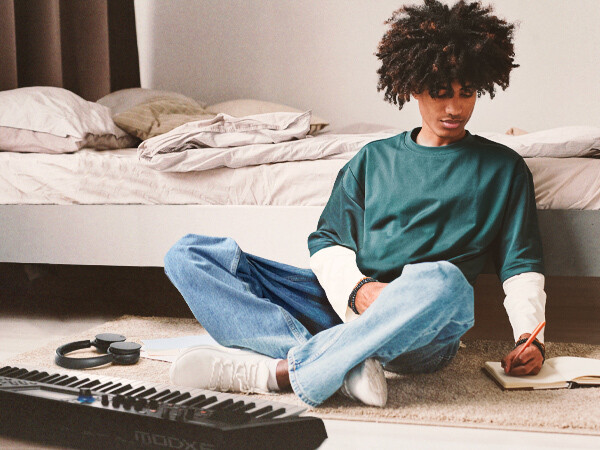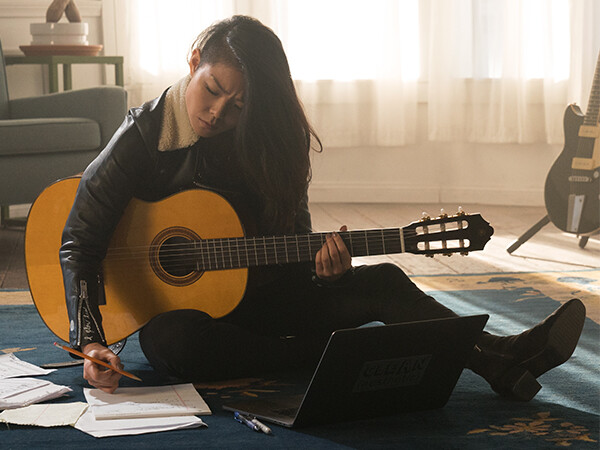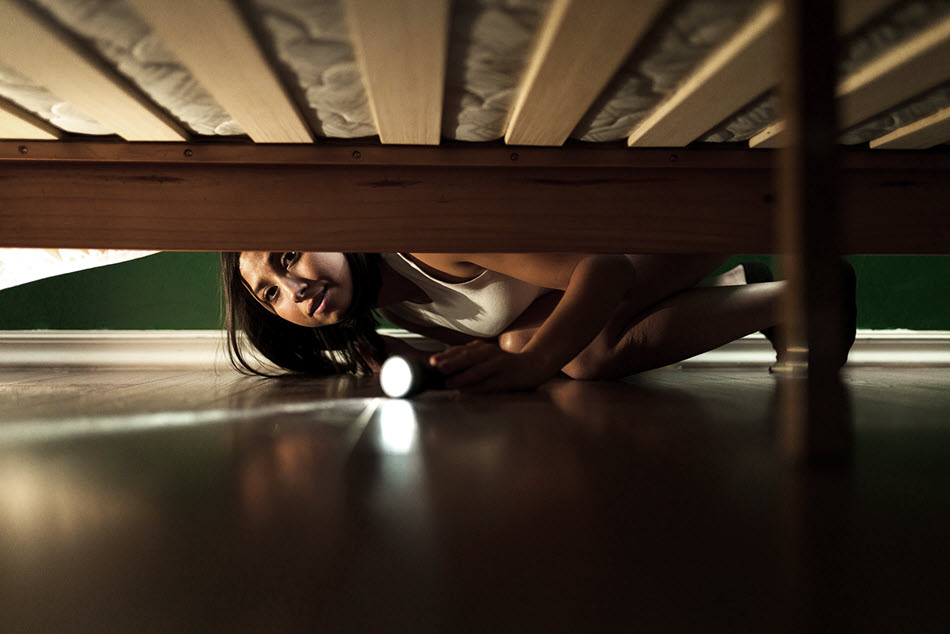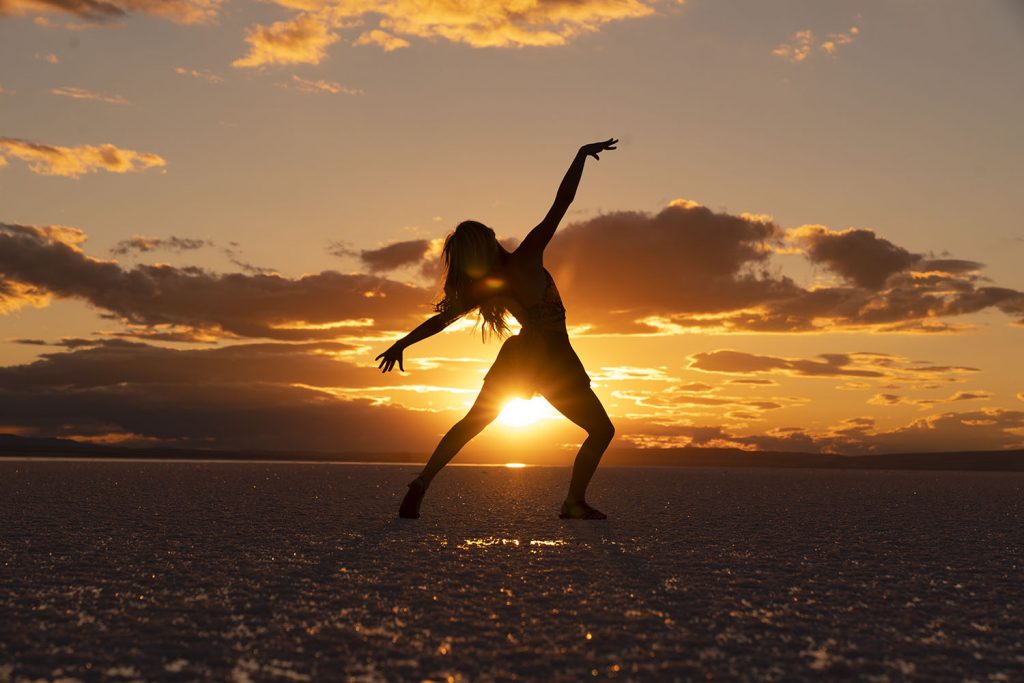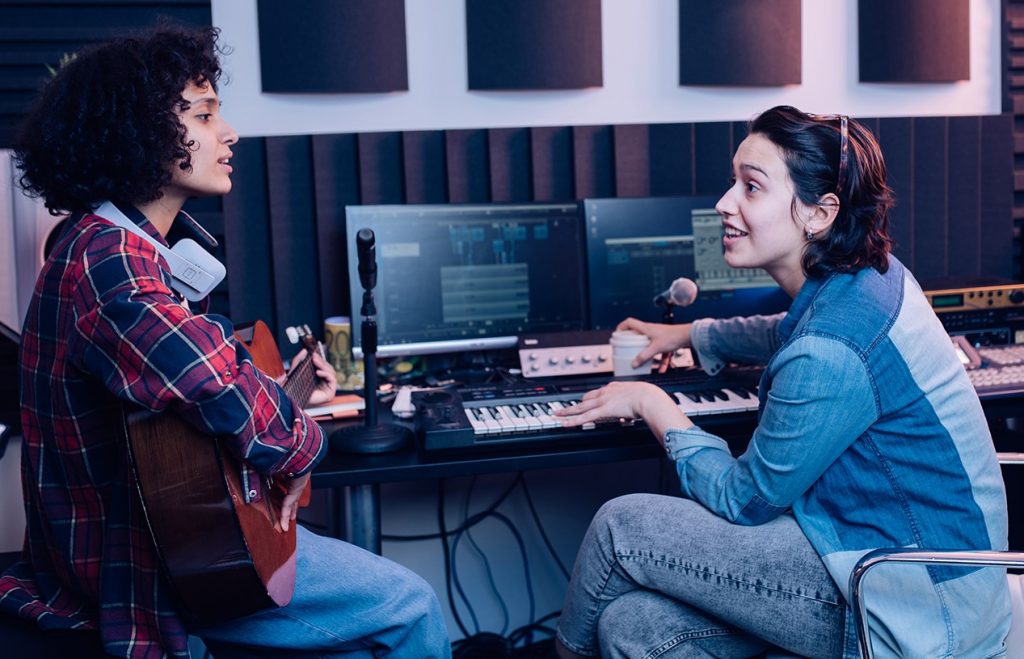Divine Discontent
Fertile ground for creativity.
A few years ago I wrote a mission statement for my website that defines what drives my creativity. Here’s what it says:
“I’ve always been inspired by the place within us that’s in a continual state of pursuit — a search for something different, something better, or what might have been while still feeling that if given the choice, I wouldn’t trade my world for any other. Life isn’t perfect. But some days it’s filled with so much joy it seems as perfect as perfect can be. Still, that state comes and goes. It’s from that divine discontent that songs (or for you, perhaps sonatas or novels) can’t help but emerge.”
This has been my modus operandi since I began my journey.
When I first started out, a producer colleague said he hoped I’d always be troubled because I wrote the best material when I was in distress. There were a couple of songs he’d helped me get recorded and indeed they were terribly sad.
I thought I was doomed.
It’s not that I was always somber, mind you. I was simply more prolific when I was in that state of mind. Otherwise, I was a pretty happy gal. But his words stayed with me.
Over time, I’ve come to believe that longing, even change for the sake of change, is muse-worthy — the desire to make things better even when they’re already okay. Divine discontent. My favorite oxymoron.
I’ve talked to a lot of other creative people over the years about what propels them and there’s a common theme that it’s in our nature to reside in this state. That’s where we’re comfortable. Where we thrive. It makes sense because art doesn’t come from contentment, but from struggle and angst.

I had an interesting conversation with my attorney recently. He posited that it’s a writer’s job to explore and examine, to “what if” ourselves to death. We’re drama kings and queens. We go into caves with flashlights looking for trouble. If we can’t find it, we make stuff up! Or if we’re at a point in our lives where there aren’t bumps in our emotional road, we draw from the past. We have good memories. (Or we write a happy song. ☺)
My lawyer is more left-brained — factual, analytical, methodical, orderly — than right-brained creative folks who rely more on intuition and imagination. (You can read more about the role of the two brain hemispheres here.) I wouldn’t trade being right-brained for anything in the world but perhaps the facts, and an acceptance of the way things are, make for a less complicated life.
I dunno. I’m just musing. That’s what I’m supposed to do.
The most authentic artists, it seems, are often the most troubled. They don’t even have to look for drama — they’re embedded with it and it translates into their art organically, automatically, effortlessly. Amy Winehouse. Kurt Cobain. Janis Joplin. Chris Cornell. Where they are now? I don’t want to exchange fates. But fascinating artists? Absolutely.
So are we doomed if we’re content — if peace and calm replace push and pull? Do we risk writing from an emotional flat-line? I imagine that would be creative death. But no need to fret if we’re going through a period of emotional calm. Enjoy it. Breathe and be thankful it doesn’t last, at which point we can get back to making engaging art.
Don’t get me wrong. I’m still that happy gal who wrote those sad songs. I have love, health, a family, a roof over my head … yet I’m still searching for more.
My father-in-law once asked me, “Do you ever stop?” No, I don’t. It’s ongoing. Life is a Rubik’s cube. A crossword puzzle. A treasure hunt. Maybe that’s what Bono meant when he sang “I still haven’t found what I’m looking for.”
I haven’t either. I’ll let you know when I find it. But at that point I’ll probably start looking for something else.









